Why I Quit Cruises – What Every Traveler Should Know
Environmental Impact Has Reached Crisis Levels
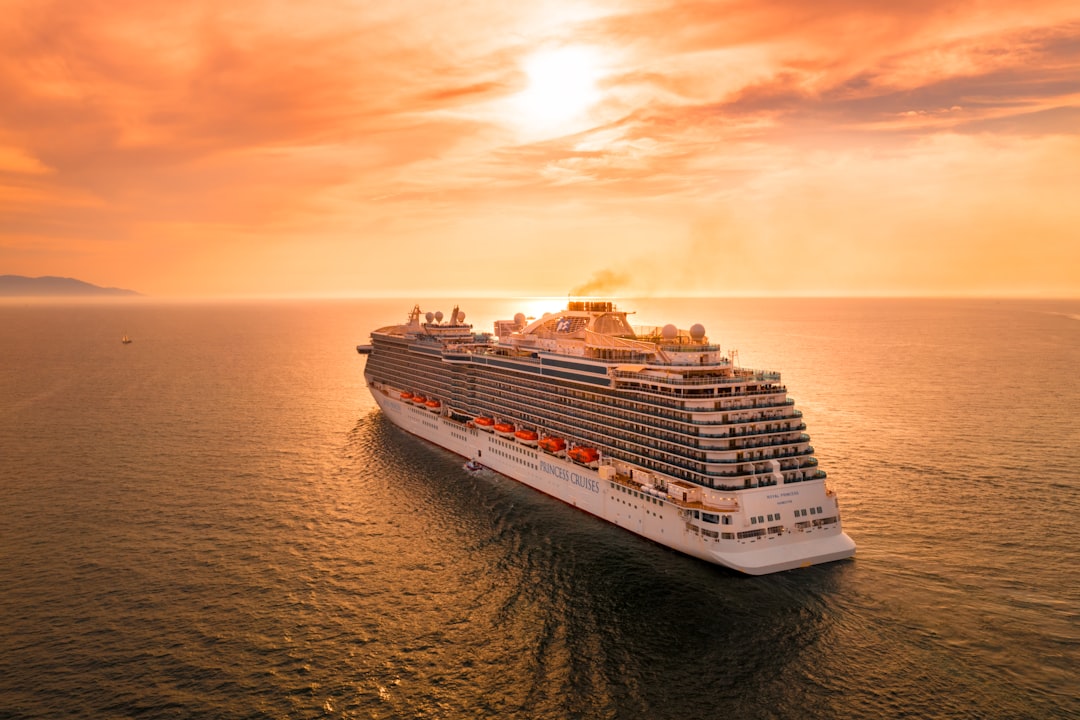
A recent report by the Transport and Environment (T&E) campaign group revealed that Carnival Corporation, the largest cruise operator globally, emitted more carbon pollution in 2022 than Glasgow, Scotland’s largest city. This staggering amount of pollution—68 million tons—highlights the severity of the issue. The environmental impact of cruising is not just a minor concern; it’s an ecological disaster unfolding in real-time.
For instance, a person taking a five-day cruise on even the most efficient ship will be responsible for generating about 500 kg of CO2. This is roughly twice the total greenhouse gas emissions of an airplane flight. Studies show that cruise ships emit up to four times more carbon dioxide per passenger per mile than planes, making them one of the most polluting forms of transportation.
Consider this: the industry markets itself as a relaxing getaway, but you’re actually choosing one of the most environmentally destructive ways to travel. It is estimated that about 50 tons of solid waste are generated during a one-week cruise, with some 24% of the solid waste generated by vessels worldwide coming from cruise ships.
Health Outbreaks Are at Record Highs
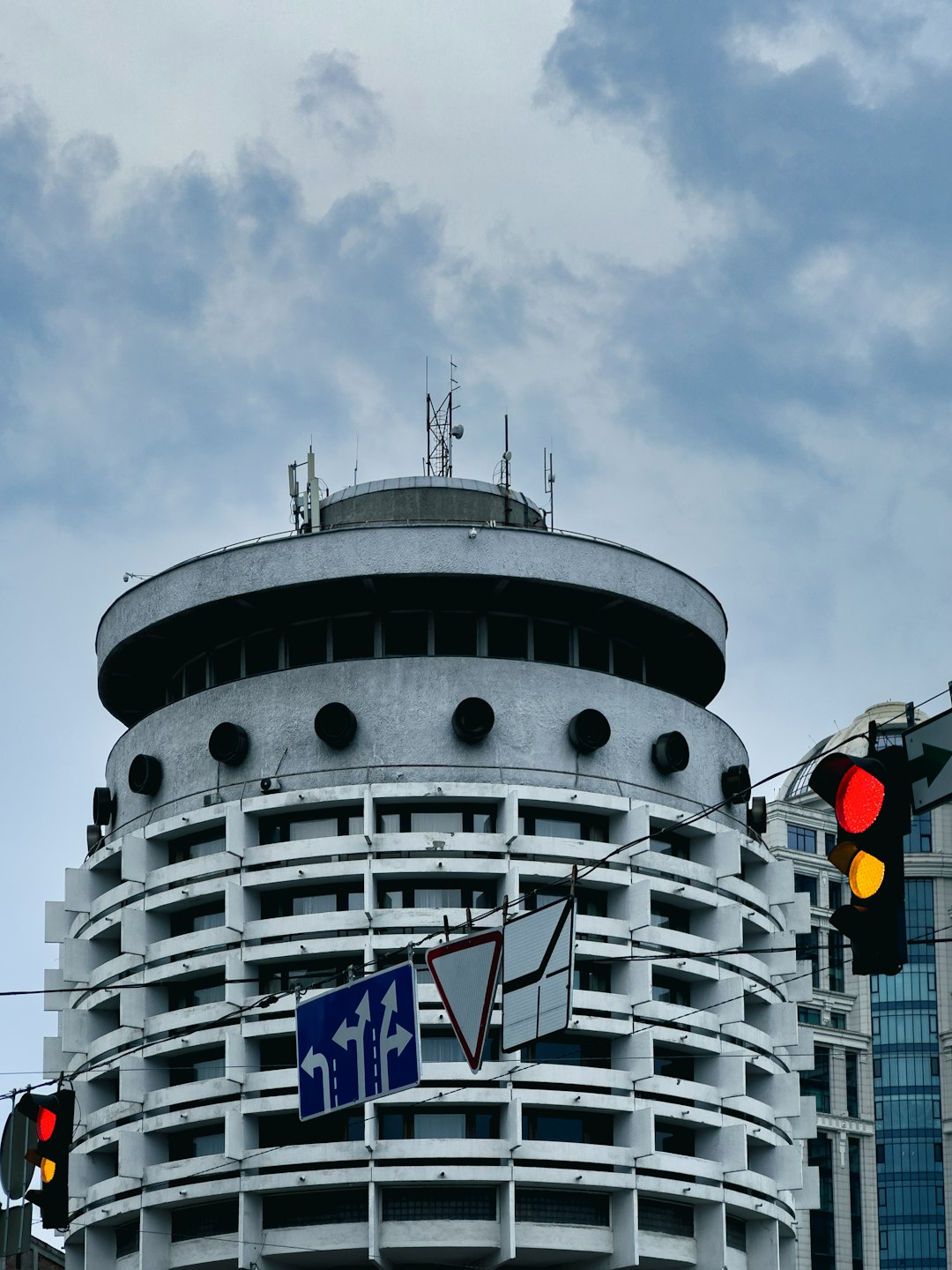
The Centers for Disease Control and Prevention (CDC) reported a total of 16 gastrointestinal cruise outbreaks across 2024, the highest in over a decade. In 2023, there were a total of 13 reported outbreaks. The situation has only worsened in 2025, with early reports suggesting continued high levels of outbreaks, though comprehensive data is not yet available.
These aren’t isolated incidents involving just a few passengers. During one voyage, 224 of the 2,538 passengers fell sick with the gastrointestinal virus, while 17 of the 1,232 crew members also became unwell, according to CDC data. Think about those numbers: nearly ten percent of passengers on a single voyage becoming violently ill.
Travelers from diverse regions brought together in the often crowded, semi-enclosed shipboard environment can facilitate the spread of person-to-person, foodborne, and waterborne diseases. Outbreaks on ships can be sustained over multiple voyages by crewmembers who remain onboard or by persistent environmental contamination.
The “Value” Myth Is Collapsing
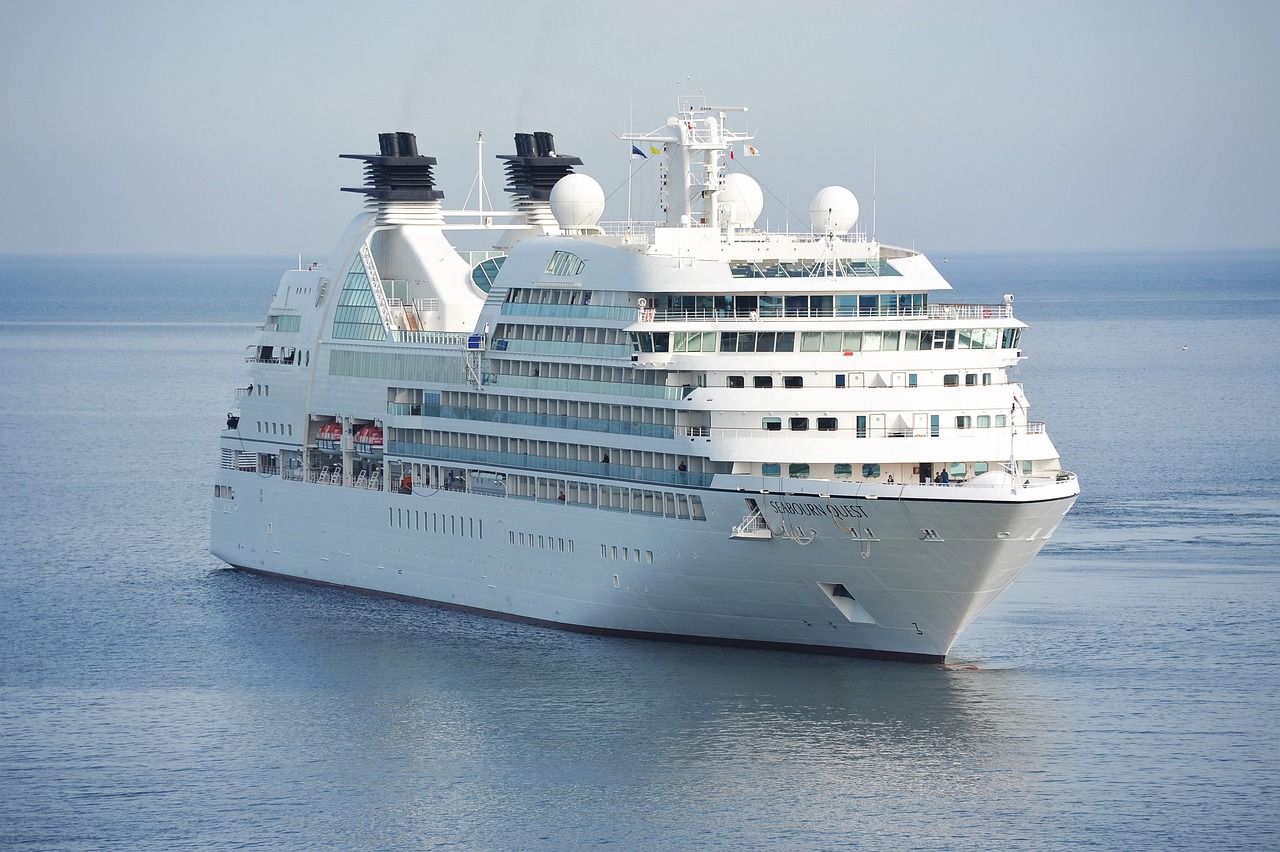
According to Jason Liberty, CEO of Royal Caribbean Group, there was a 40% to 45% gap in pricing between cruises and land-based vacations last year. However, this gap has been closing, effectively eliminating the main selling point of the cruise industry. For example, a 7-night cruise costs about $1,800 per guest. That’s just the base fare before adding mandatory gratuities, drinks, specialty dining, excursions, and other “extras” that can easily double your total cost.
Overall, a 7-day cruise for a family of 4 on a newer Royal Caribbean ship in peak season with specialty dining, drinks, and insurance could cost around $10,000—not including additional costs for gratuities, excursions, and onboard expenses. For that money, you could have an incredible land-based vacation with far more authentic experiences and zero risk of norovirus.
Marine Ecosystem Destruction Is Accelerating
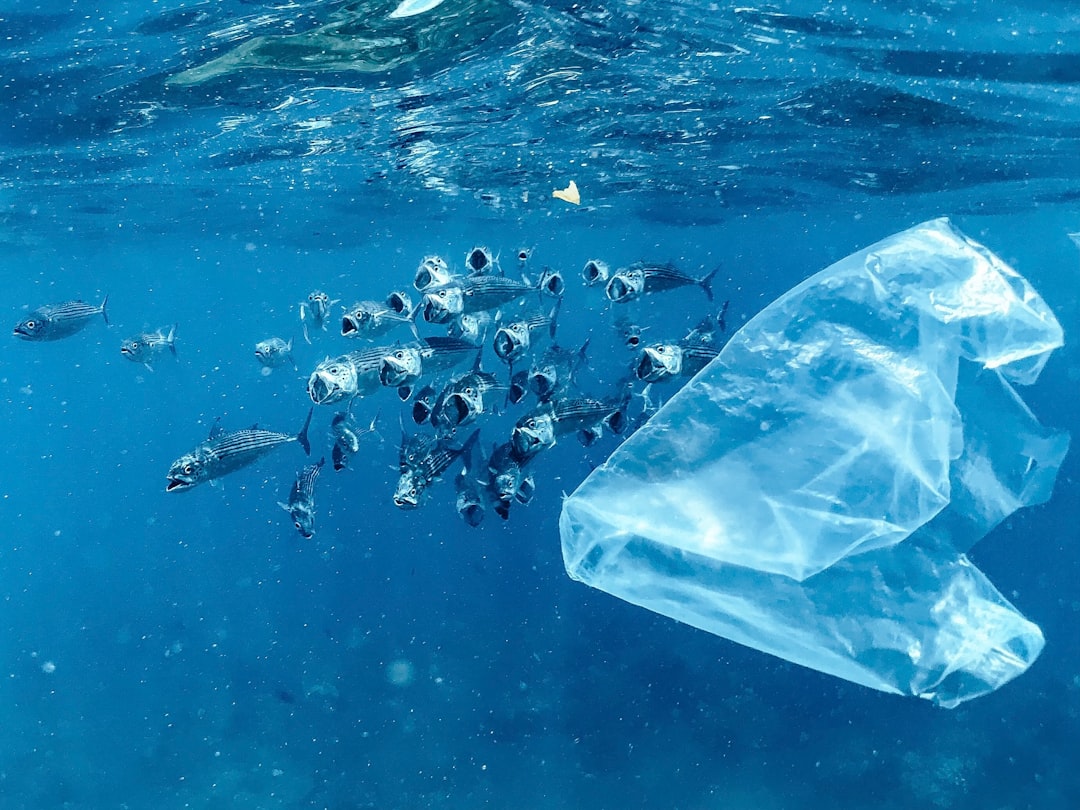
A 2022 analysis found that Carnival’s fleet of 63 ships produced more sulfur oxide pollution than all the cars in Europe combined. Sulfur oxide is a major contributor to acid rain and respiratory problems, compounding the industry’s environmental cost.
The ships aren’t just polluting the air—they’re devastating marine environments too. They release 5 gigatons of toxic exhaust gas scrubber wastewater annually. Additionally, they dump 3 million liters of gray water into the ocean each year. Imagine millions of gallons of waste water being dumped directly into pristine ocean environments where marine life is trying to survive.
A 2024 study showed that noise from ships can impair Arctic marine mammals’ ability to detect mates, prey, predators, and navigation cues. Auditory masking, when noise interferes with biological sounds, degrades their acoustic habitat much like fog or smoke obscures important visual signals for terrestrial animals.
Overtourism Is Destroying Destinations
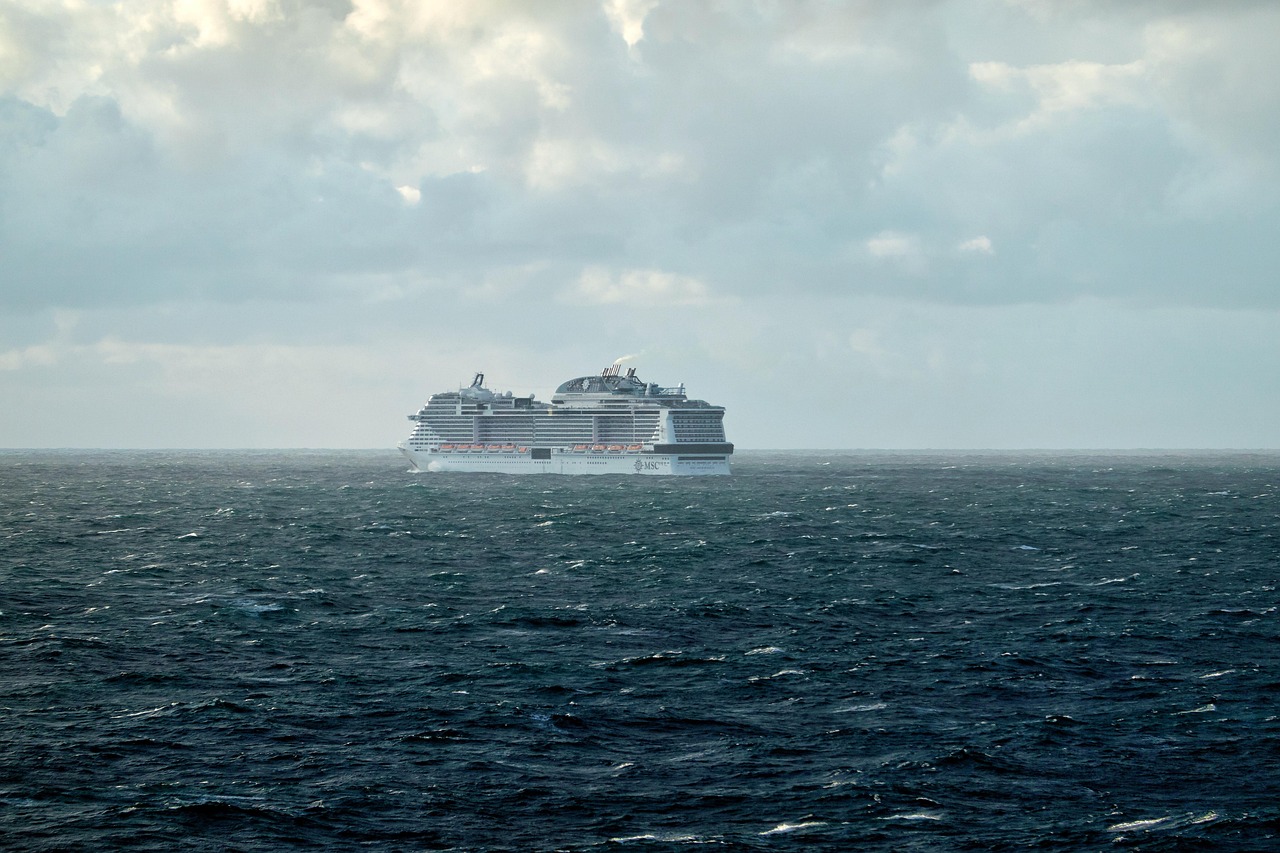
According to the Cruise Lines International Association (CLIA) 2024 State of the Industry Report, over 7 million passengers traveled on cruises last year. The sheer volume of cruise passengers is overwhelming small communities and fragile ecosystems.
In Europe, cities such as Venice and Amsterdam have imposed restrictions or outright bans on cruise ships due to their detrimental effects on air quality, marine ecosystems, and cultural landmarks. Similarly, cities in the United States, including those in Florida, Maine, California, and Alaska, advocate for stricter regulations or bans to curb pollution from cruise operations.
When destinations themselves are saying “no more cruises,” that should tell you everything about the industry’s impact. In January 2023, the Juneau Assembly passed a policy recommendation calling for a limit of five cruise ships per day in Juneau, based in part on results of a 2022 commissioned study that found that 74% of residents polled supported limiting cruise ships.
Corporate Greenwashing While Problems Worsen
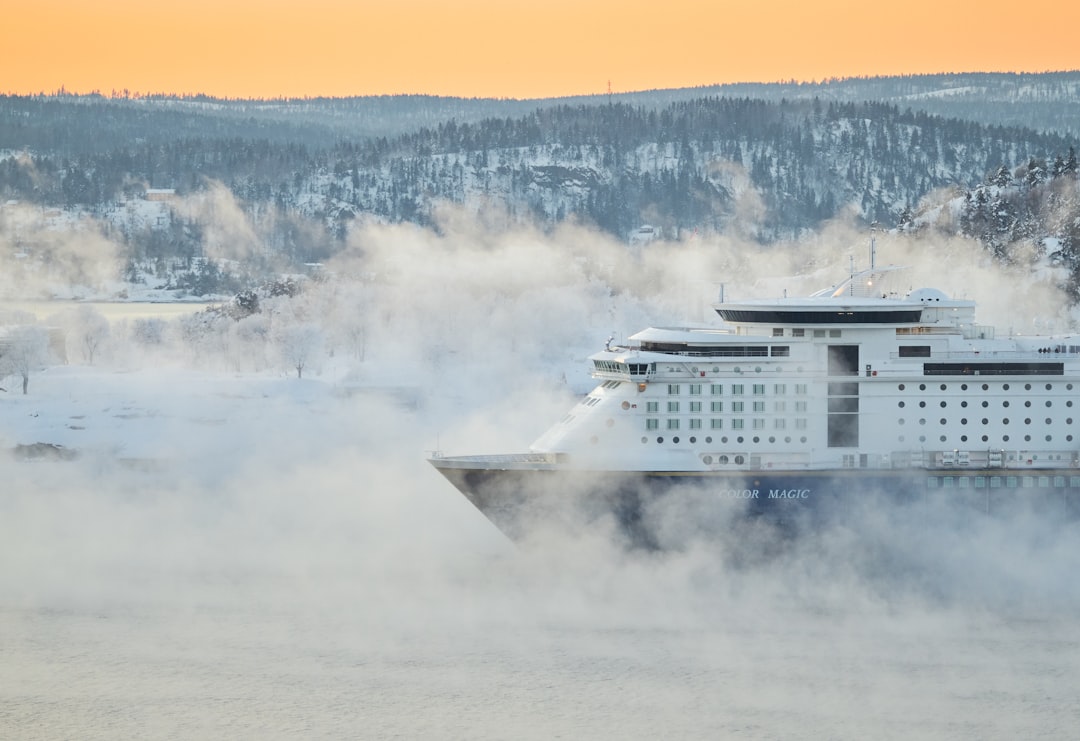
Last year, the Dutch Advertising Board ruled that adverts for MSC Cruises, the world’s fourth-largest cruise line, claiming that LNG is a sustainable alternative to existing marine fuel and that the company is on track to meet the 2050 net zero target were untrue and misleading. The industry is spending millions on marketing campaigns about sustainability while continuing to expand their fleets with massive, fuel-hungry vessels.
By spending billions on greenwashing customers and opposing environmental regulations, the industry is eroding its own bottom line. Around 32 pilot projects and collaborative initiatives are underway with fuel producers and engine companies testing sustainable fuels and technologies.
Pilot projects and promises for 2050 don’t address the current crisis. Meanwhile, the largest cruise ship in the world as of 2025 is the Icon of the Seas, operated by Royal Caribbean International. The carbon footprint of such a large cruise ship is significant. They’re building bigger, more polluting ships while claiming to care about the environment.
Better Travel Alternatives Exist and Cost Less
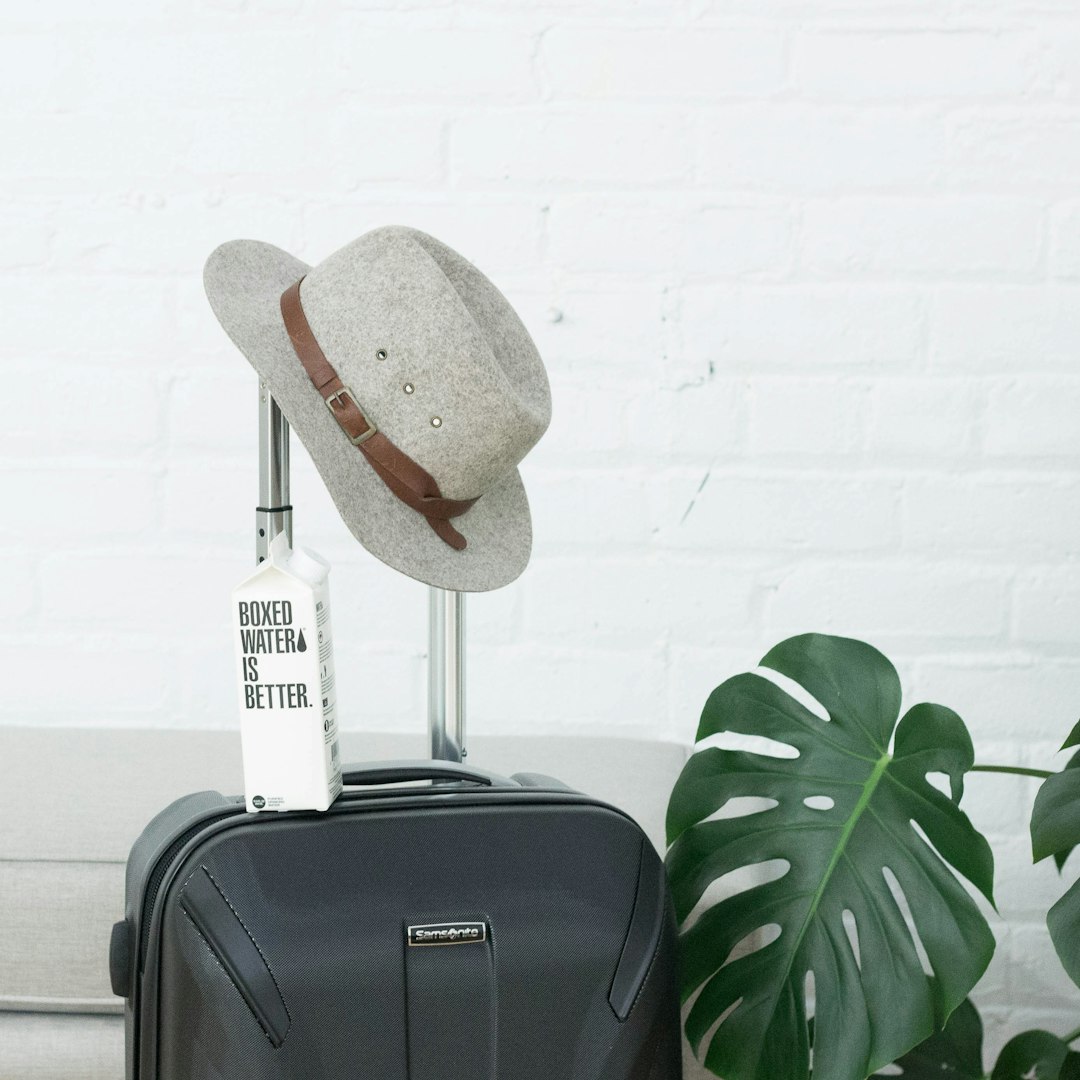
Instead of locking yourself into a floating petri dish, consider the alternatives that offer better value and experiences. Figures from Cruise Trade News show that while the average price of a cruise in the UK has gone up by around 8% since 2024, this is notably less than the double-digit increases seen for many land-based options.
Your fare typically covers accommodation, meals, entertainment, and travel between multiple destinations—all bundled into one package. However, when you factor in the real costs and risks, land-based travel offers superior experiences. You get authentic cultural immersion instead of sanitized port visits lasting just a few hours. You have control over your health and safety rather than being trapped with thousands of strangers in a disease-prone environment.
They typically result in lower carbon footprints, less pollution, and reduced harm to marine ecosystems. Moreover, these alternatives can provide more authentic and immersive experiences, allowing travelers to engage more deeply with the destinations they visit.
The cruise industry is facing a reckoning as travelers become more conscious of their environmental impact and health risks. The data doesn’t lie: cruising has become more expensive, more dangerous, and more environmentally destructive than ever before.
I’ve made my choice to explore the world in ways that don’t contribute to ecological disaster or put my health at unnecessary risk. What do you think about these findings? Will this change how you plan your next vacation?
- Jumlah Pendaftar TKA SD-SMP Tembus 8,5 Juta - February 21, 2026
- Menjembatani kesenjangan kepatuhan bagi produsen perangkat - February 21, 2026
- Bukan Pelaku Kejahatan, Hanya Tersesat, Diskusi Bersama Kepala LPKA Muara Bulian Batanghari - February 21, 2026
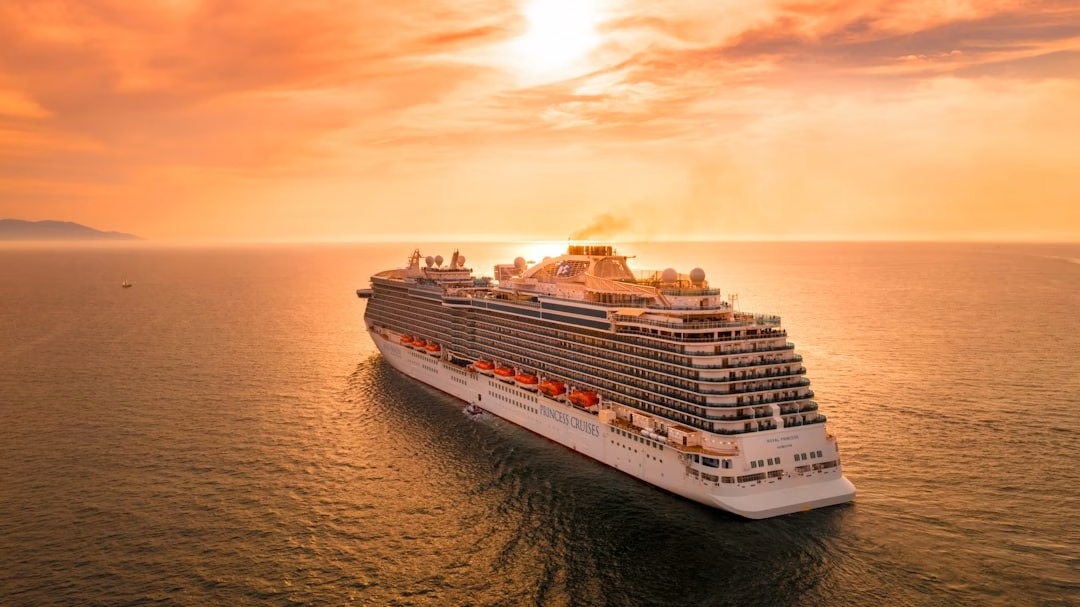
Leave a Reply